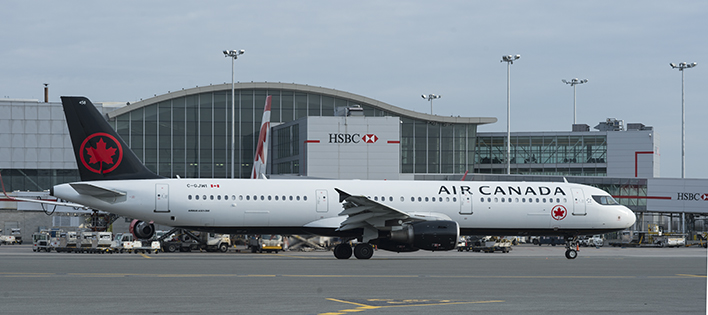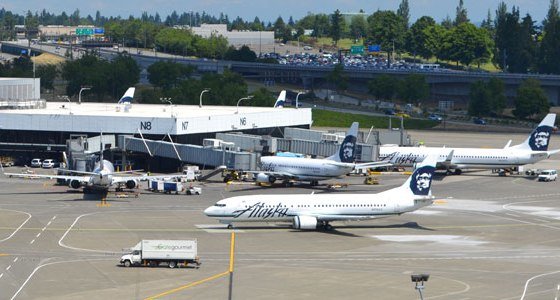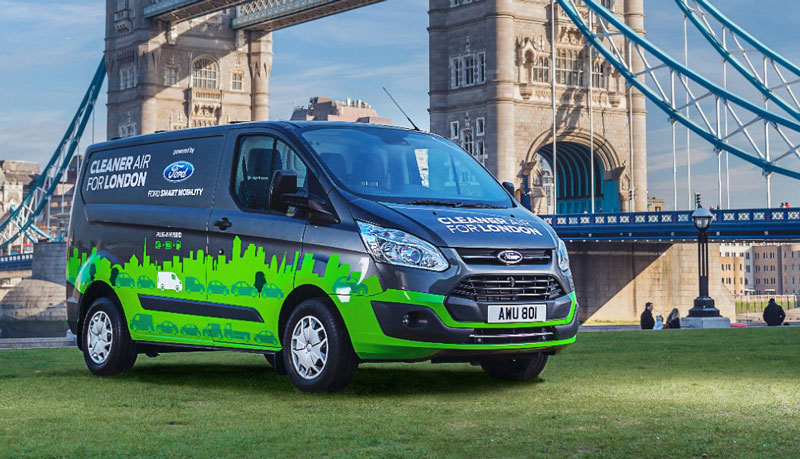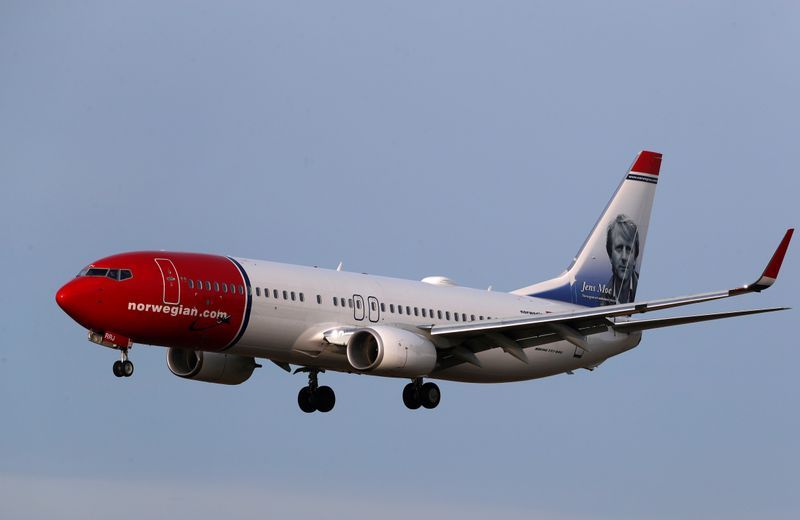Boeing [NYSE: BA] completed its first COVID-19 transport mission, using a 737-700 aircraft from its corporate fleet to bring personal protective equipment (PPE) from China to the United States. Working in partnership with FIRST® Robotics Founder Dean Kamen, the company transported 540,000 medical-grade face masks that will be delivered to healthcare professionals battling COVID-19 in New Hampshire.
Kamen, who has a longstanding relationship with Boeing through FIRST Robotics, is also a founder of DEKA Research and Development Corporation. He worked with DEKA to secure the face masks from manufacturers in China and turned to Boeing to facilitate their transport. DEKA is the importer of record for the delivery and provided the masks to New Hampshire for distribution to healthcare professionals in the state.
“Another life-saving delivery of PPE has arrived in New Hampshire,” said Governor Chris Sununu. “Thanks to Dean Kamen for facilitating this deal, and to Boeing for donating the cost of this mission transport. The state will deliver these masks to the greatest areas of need across New Hampshire so those on the frontline have the necessary resources to fight COVID-19.”
“Boeing has been a long-time partner of FIRST Robotics and I’m proud that I can again partner with the Boeing team to meet the needs of our frontline healthcare professionals fighting COVID-19,” said Kamen. “Now more than ever, help from companies like Boeing is critical so we can continue to make sure protective equipment gets to the people who need it most.”
Boeing continues to support local communities and the heroic healthcare professionals working tirelessly to stop the spread of COVID-19. Additional airlift transport missions with the Boeing Dreamlifter and ecoDemonstrator are planned in the future. Boeing is coordinating closely with U.S. government officials on how to best assist areas with the greatest need.
“I want to personally thank Governor Sununu, the entire New Hampshire congressional delegation and Dean Kamen for their leadership in helping secure and distribute this much-needed personal protective equipment for our frontline healthcare workers and first responders here in New Hampshire,” said Dave Calhoun, Boeing president and CEO. “We are honored to have conducted today’s airlift mission and we look forward to providing continued support in the fight against this pandemic.”













